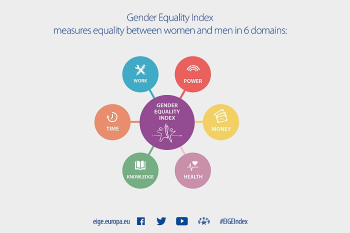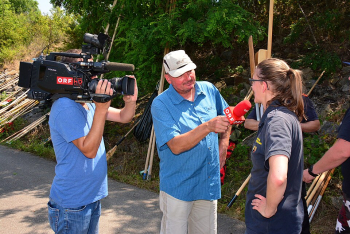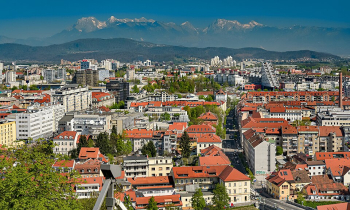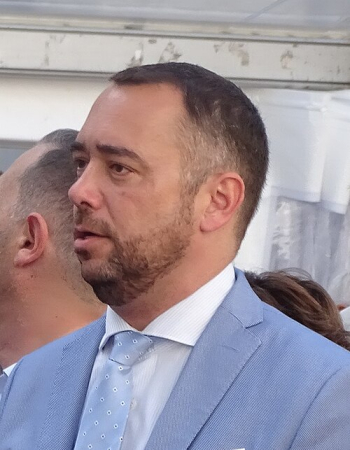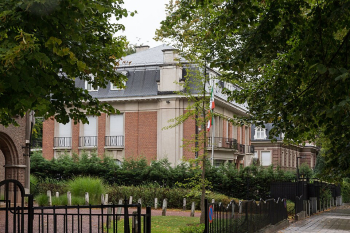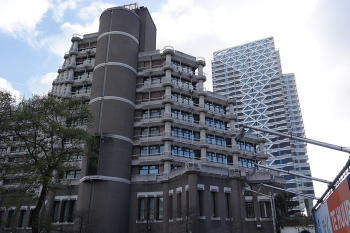
Spain's King Felipe VI has taken a step to break the political deadlock following the inconclusive elections on July 23. On Tuesday, August 22, he called on
Alberto Nunez Feijoo, leader of the conservative Partido Popular (PP - People's Party), to attempt to form a new government, despite the PP not having a majority.
The PP secured the highest number of votes in the recent election, but neither Feijoo's conservatives nor outgoing Socialist Prime Minister Pedro Sanchez have a clear path to a parliamentary majority. King Felipe's decision aims to ascertain which party leader has the best chance of forming a coalition government.
Francina Armengol, the Socialist president of parliament, stated that the king proposed Alberto Nunez Feijoo as a candidate to head the government. However, the path to a majority remains uncertain. If Feijoo fails to gather support, a two-month countdown will be triggered to explore alternative majority possibilities. If that fails, the country will return to the polls to attempt to break the political deadlock.
Feijoo's PP holds 137 parliamentary seats, and potential allies, including the far-right Vox party and two small regional parties, add up to only 33 seats. In total, this would give a potential PP-led coalition 172 votes, four short of the required majority of 176 in the 350-seat chamber.
Sanchez, the Socialist leader, expressed willingness to accept Feijoo's designation to form a government, though he predicted that his rival would be unable to gather a parliamentary majority. Sanchez aims to lead a "progressive" government of center and radical left, asserting that he could attract more votes than Feijoo in such a scenario. Photo by PP Comunidad de Madrid, Wikimedia commons.


